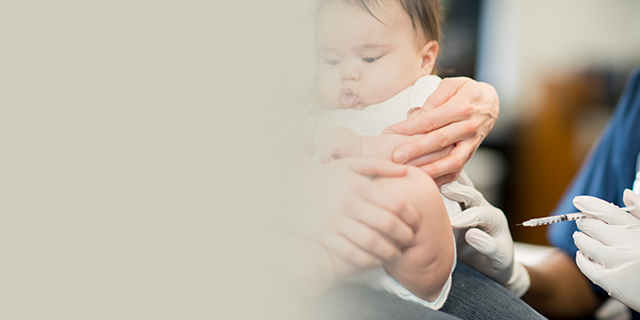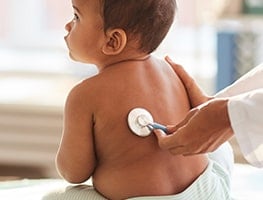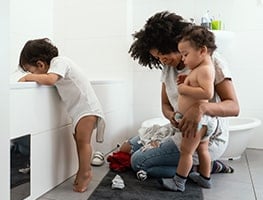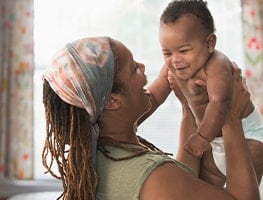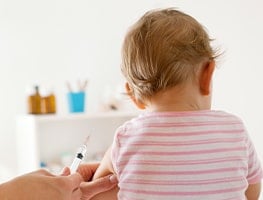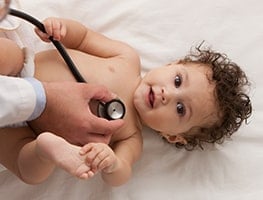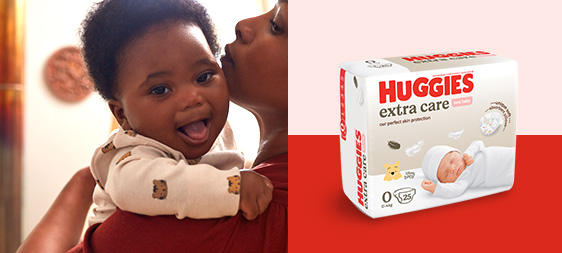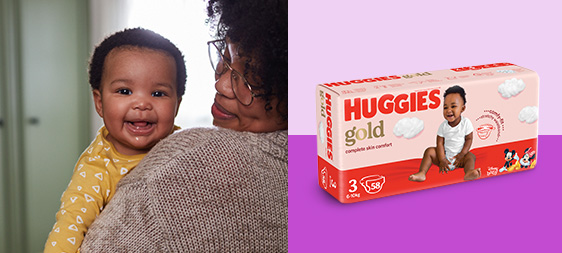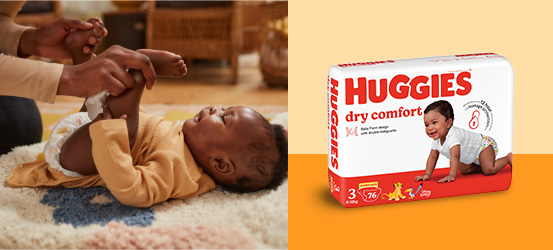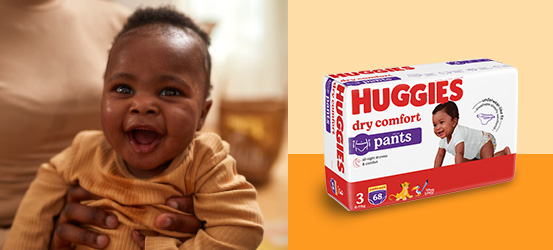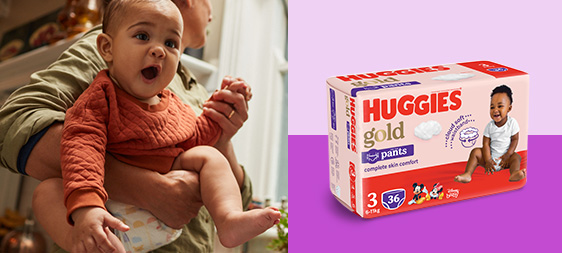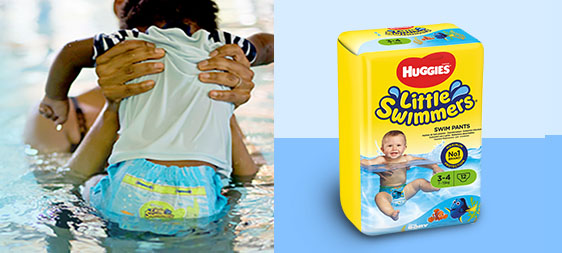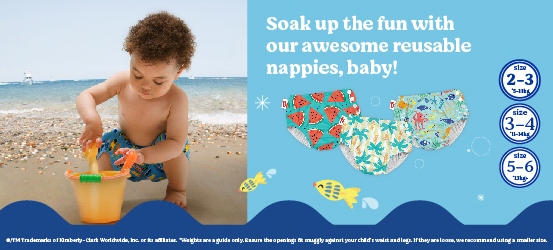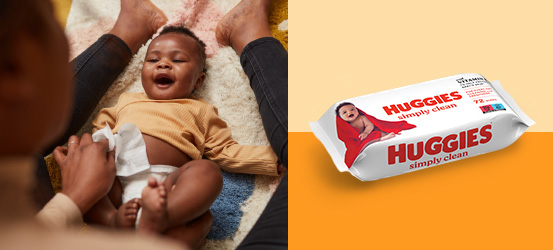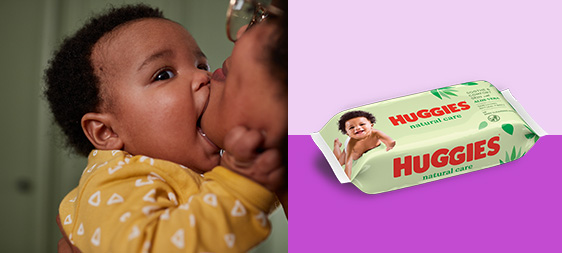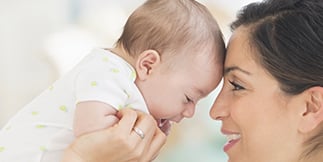Baby immunisation involves giving baby a series of vaccines containing tiny, weakened amounts of dangerous diseases. When baby is injected with low doses of a disease, their body builds antibodies against them, so if they do come into contact with a deadly disease their immune system has the ability to fight it off. Baby immunisation programmes aim to improve health by preventing babies from catching and spreading the real disease.
Many infectious diseases have been mostly eradicated thanks to national immunisation programmes, e.g. smallpox has been eradicated for over 30 years. Successful immunisation programmes, run by the Department of Health, have contributed to the success in preventing diseases like polio, malaria, measels and others from affecting our children.
It is important to have your child immunised.
Are there any side effects to baby immunisation?
Occasionally babies can have a very mild reaction to immunisation. If you are at any time concerned about your baby’s reaction to a vaccination, or their general health, contact your doctor or healthcare professional immediately.
When does baby immunisation start?
The South African immunisation schedule kicks off at birth – the first vaccines are usually given in hospital in the first few days of life – one for polio, the other for tuberculosis. There are a number of important vaccines that are usually taken in baby’s first year.
What immunisations should my baby get?
-
Tuberculosis
-
Polio
-
Diphtheria
-
Whooping cough
-
Tetanus
-
Hepatitis B
-
Measels
-
Haemophilus influenzae
Baby will receive vaccines at birth as mentioned above, then on weeks 6, 10 and 14, at 9 months, 18 months, 6 years and finally at age 12.

